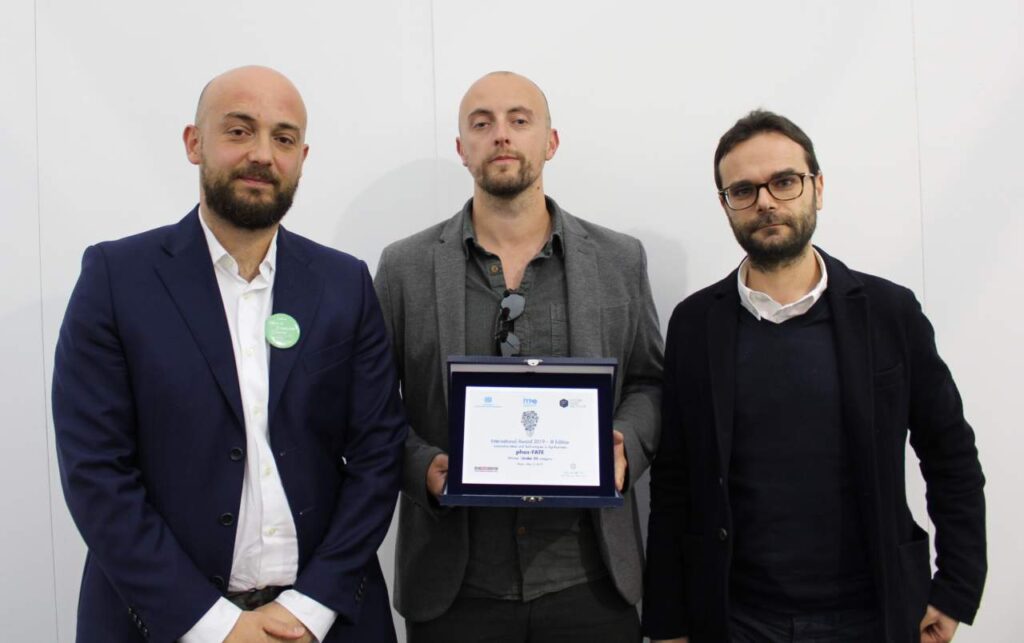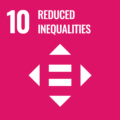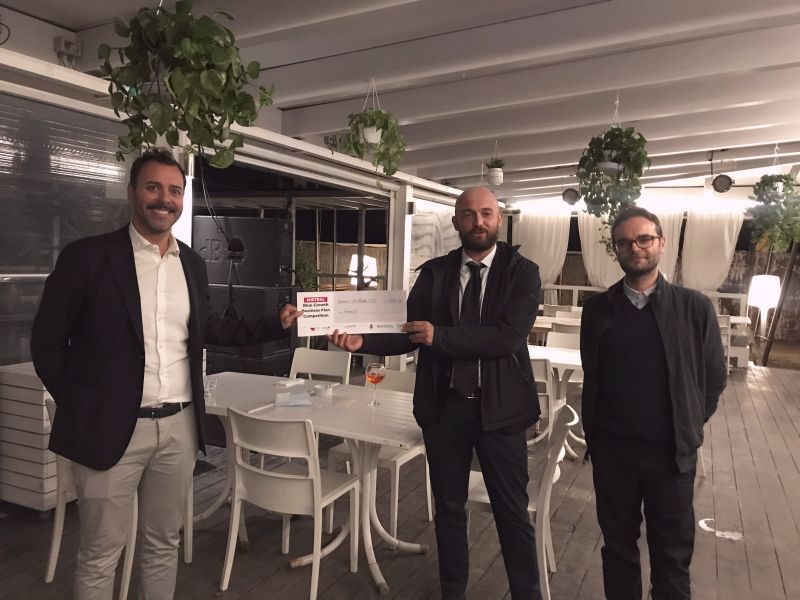GSCC 5th anniversary – Interviews with past winners series (4) : Dr. Alessio Adamiano
We believe that chemistry plays a critical role in developing a sustainable future. Chemists have a special responsibility to develop those new products, resources and processes to make that happen. The Elsevier Foundation-ISC3 Green & Sustainable Chemistry Challenge seeks to stimulate innovative chemistry research that helps the environment and low-resource communities in emerging and developing countries. In November 2020, the Elsevier Foundation will celebrate alongside its partner, the ISC3, the 5th edition of the Green and Sustainable Chemistry Challenge, jointly run with Elsevier’s chemistry journals team.
In 2018, Dr. Alessio Adamiano, a researcher for the Italian National Research Council at the Institute of Science and Technology for Ceramic Materials, was awarded the second prize of €25,000. His project, “Phos-Fate: Empowering fishing communities for climate change”, demonstrated how phosphorous can be recycled in a simple, scalable way by converting fish bones into products such as fertilizers. Dr. Adamiano and his team will work with partners in Senegal and Spain to pilot this unique circular economy project.
“Phosphate is basic to all life, but especially food production and plants,” Dr. Kaus Küemmerer of the University of Leuphana, Chair of the jury panel, commented. “Its steady depletion and declining quality as a natural resource is an issue for all countries. Phos-FATE will not only reduce dependence on an expensive import for developing countries, but will create local value, jobs and eventually produce a higher quality of phosphate for crops.”
“Through projects such as these, which clearly tackle key UN Sustainable Development Goals around food security, the Challenge is helping build a stronger, green and sustainable chemistry community, and will boost knowledge transfer around the globe.” said Ylann Schemm, Director of the Elsevier Foundation.
Two years later, we interviewed Dr. Adamiano about his experience at the Challenge, as well as the upcoming steps for his project empowering fishing communities for climate change.
Can you give us more information on your project’s objectives?
I have three objectives listed for my project: (i) Converting fish by-products into valuable products, (ii) Creating a circular economy of phosphorous fertilizers in Senegal and (iii) Helping Senegal to develop aquaculture.
Did you encounter any challenge in relation to the objectives you set?
We need to collect more funds and involve more partners. In this respect, during the last year we wrote a project with the Senegalese Ministry of the Environment to apply for the Green Climate Fund.
Have there been any further developments in this regard?
In 2019, Michele Iafisco, a colleague at the Italian National Research Council (CNR), and I started to work on a project for a spin-off company named Recover Ingredients. We applied with this project to several business plan competitions, including the UNIDO IPTO International Award in 2019, recognizing ‘Innovative Ideas and Technologies in Agribusiness’. We were then awarded by the UNIDO (United Nation Industrial Development Organization) for our PHOS-FATE project, which aims to recycle phosphorous from fish bone to empower fishing communities of LDCs against climate change.

Dr. Alessio Adamiano and his award team, namely Tom Lavery and Michele Iafisco (co-founder of Recover Ingredients), receiving the UNIDO IPTO International Award in 2019.
We then also decided to investigate further the potential transformation of fishery by products, mainly fish bones and sea shells, into natural cosmetic ingredients. This allowed us to broaden the visibility and increase the interest around the project. In February 2020, Recover Ingredients received the interest of a large chemical company to give financial and technical support to the project and entered a due-diligence phase that ended positively on June 2020. In September 2020, the project obtained the authorization from the CNR to fund the spin-off company. The founders are currently negotiating the details of the company statute and of shareholder’s agreements. The foundation of the company Recover Ingredients is expected in the next few weeks.
Our project was also very recently awarded in the Italian final of Mistral, an economic project funded by the European Union to encourage the birth of new sustainable entrepreneurship ideas in the maritime sector. We are looking forward to attend the international final of the awards, which will take place on the 22nd of October this year as to further promote our project internationally.
Congratulations on that! We’re looking forward to read more about it! Have you also been working on other projects in the meantime?
Thank you! And yes, we have started a collaboration between CNR (Italy) and the Gyeongsang University of Jinju (Republic of Korea) on phosphate. We synthesized calcium phosphate nanoparticles and conjugated them to different humic acids, so to supply the plants with a nutrient (phosphorous) and a biostimulant (humic acid) in a timely manner. This collaboration produced one patent, one publication on a peer reviewed journal and a scientific bilateral symposium between Italy and Korea (to be held in Jinju on of October 1-2, 2020) sponsored by the Italian Embassy of Seoul. In this regard, I would like to thank Prof. Francesco Canganella for its support to the project, and our Korean partners for their great work: Prof. JR Jeon, Prof. PJ Kim and Prof. KH Park.
And what about the GSCC conference? What does the GSCC award mean for your career?
It helped me enlarging my network of collaborations and starting a spin-off company. And I loved that I could present a project with a real impact on LDCs local communities – especially in front of a large audience. I felt that if I could explain my project to a lay audience, I was probably doing it the right way.






















